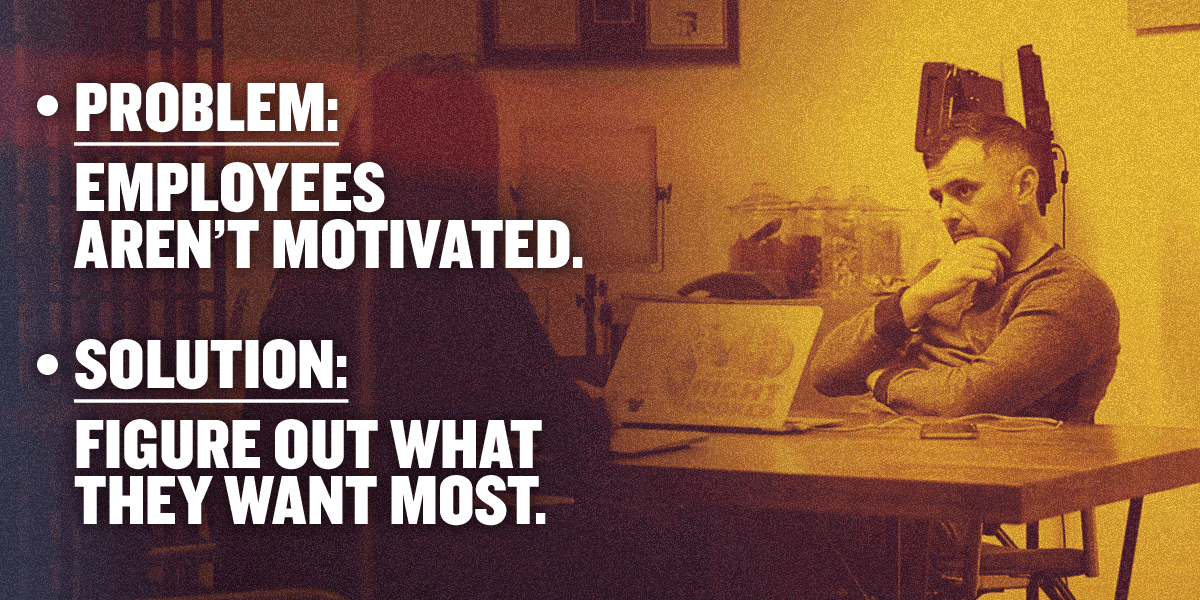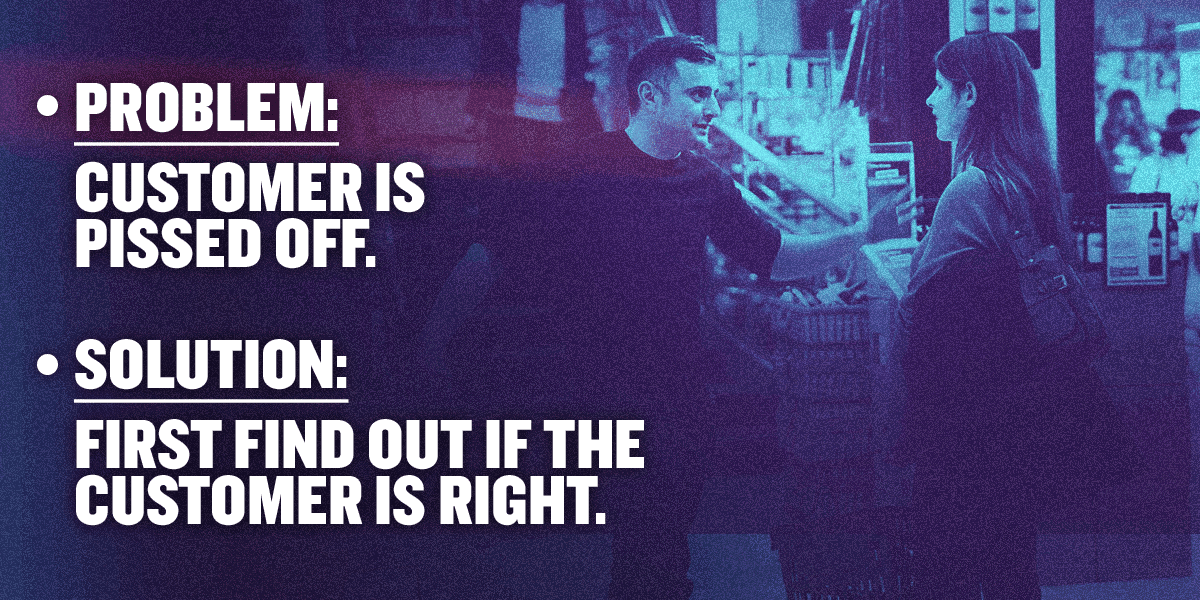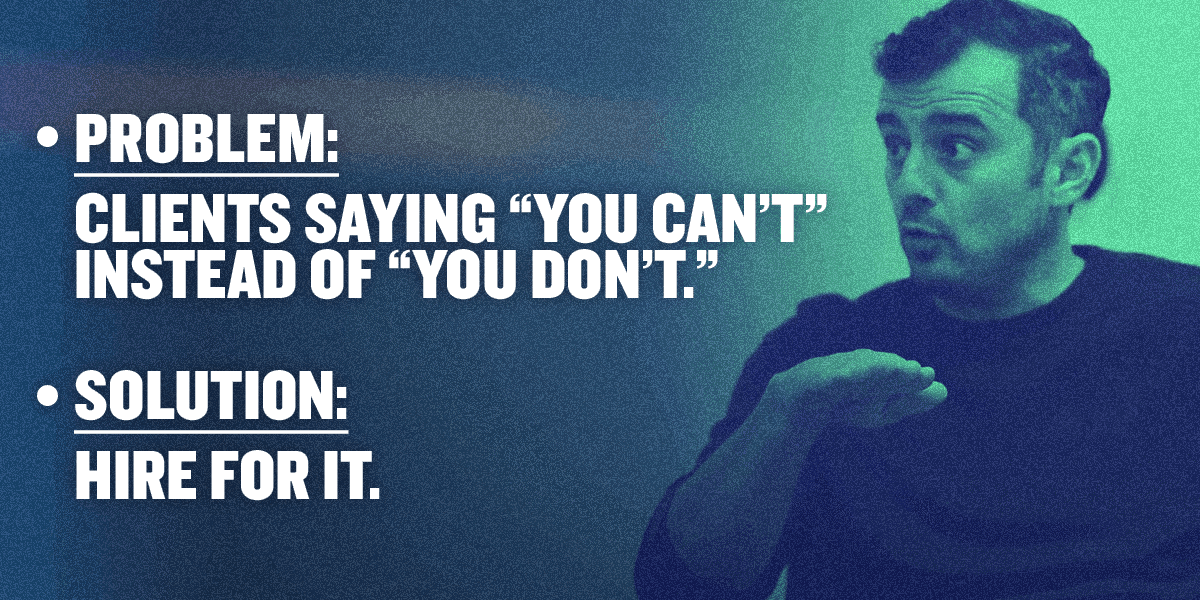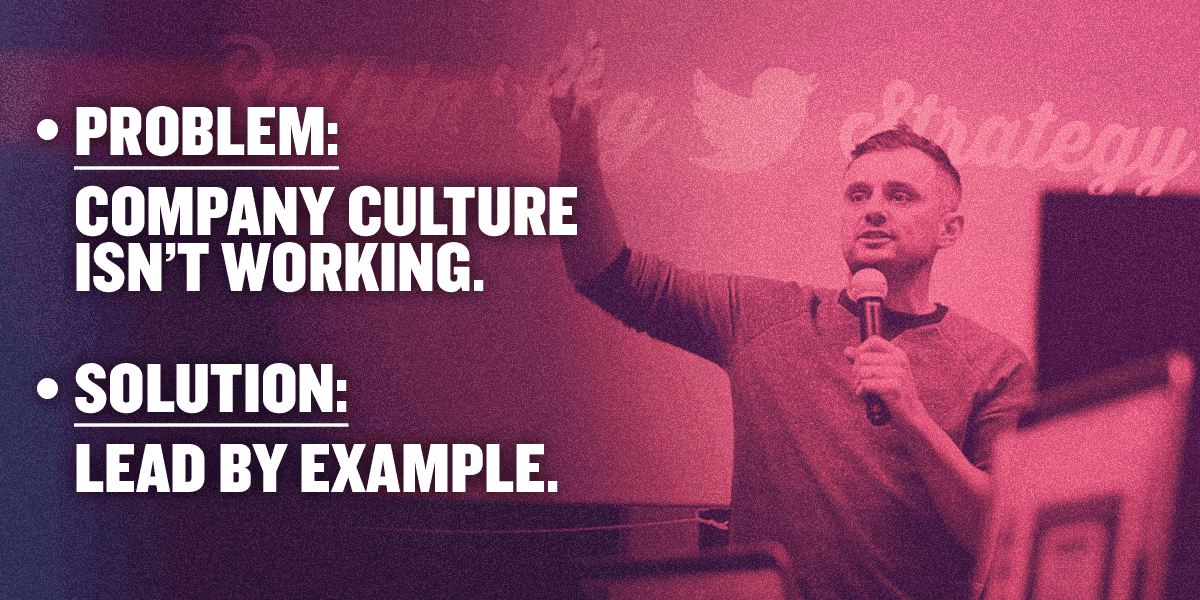I wanted to round up five problems you may face as a company leader in 2019 and offer my solutions to those problems. Whether you’re a small start up or a Fortune 500, these four pieces of advice have always helped me in growing and maintaining my businesses.
1. How To Motivate Employees When They Don’t Want to Put in the Work
Everybody is motivated by different things. We all have our own dreams, aspirations and beliefs that drive us. Never think for a second that money drives all motivation. It’s simply not true.
People are in the game for multiple reasons and the only way for you to understand that is to listen. Once you understand then you can set them up to be in a place for them to deliver on it. And that gives them incentive to always work their hardest for you, because you did it for them. Get it?
So you need to use your ears and listen to your employees. You need to sit down with them and understand where they want to take their careers. What’s their ambition? What do they want to do with their life? By sitting down with people and actually listening, you’ll be able to set up your employees for success while also motivating them to work hard and fast.
Also, it makes you a good boss. So there’s that.
2. Is the customer really always right?
When I have an angry customer, the very first thing I want to know is if they are right. I talk to the parties involved, and I get all the information possible that I can. In the end, someone has to make a call, and as the boss, that is probably going to have to be you.
Nobody likes a boss who passes the buck.
If the customer is 100% right, you apply something that everyone in sales or customer service needs: empathy. You come in with nothing but empathy. I ask questions and I listen before trying to fix it. I’ve talked in the past about how great leaders are listeners. This applies just as much to this situation as well.
3. Meeting Client Demands and Agency Capabilities
As I’ve been building my agency VaynerMedia over the last six years, there is something I often hear from clients, which is this: “Well, you do social, not digital. So we are going to go with _____.”
I believe that the top seven people are what make any company tick. Now if those top people picked up and went to a new company, that new company would start to like the place they all came from. Think about it. What about sports teams? There is no “The Lakers are great.” It’s Kobe and Jack playing on a team, so the Lakers become good. It’s not the Knicks winning when the Knicks have Willis Reed and Clyde Frasier. It’s the people who make up the team.
Get where I am going with this?
If you’re a decision maker at an agency, or running a company yourself, and you’re disappointed because you’re not as good as some other company, or you’re jealous that they are doing something you’re not…stop it. Stop being jealous of their capabilities and go out and hire for your client’s needs. Find the people that are doing it and make them part of your team.
4. Culture Comes From the Top, Including Bad Culture
I’ve talked a lot about how everything stems from the top when it comes to company culture. The way you act and behave in your company dictates a huge amount of how the culture will be.
Don’t like how some of your leadership is acting? It’s on you. Talk to them. Set an example.
Want to establish a casual dress code? It starts with you.
Think the company needs to have less meetings? Once again, you need to start having less meetings.
Everyone will be looking to you to dictate the situation. Don’t forget that in your day to day around the office.
5. Create speed by giving trust
The reason that so many companies and teams go slow is because first time managers struggle to trust their employees.
So many people talk about how “trust is earned.” I think that’s slow and egotistical. There comes a time when you have to let your kid “swing the bat.” There comes a time when you have to throw them in the water and let them swim.
That’s what I do from the start.
A lot of managers withhold trust because they fear the ramifications. They fear the anxiety that comes with losing. They’re afraid of what will happen when an employee messes up, or when mistakes happen.
When you’re afraid of losing in the short-term, you make people earn your trust. Ultimately, that makes you go slower in the long term and it hurts your chances of success.
I do the opposite — instead of putting restrictions around my employees to start, I give them free reign. If and when they do something to lose my trust, I’ll put restrictions around them.
Most managers do the reverse — they’ll put restrictions and barriers around employees from the start, and remove them as they “prove” themselves.
This is why so many managers tend to “micro-manage” up front. This is especially the case when a manager is new to the role — because they’d still be in that “execution” mindset that they had before they got to their role and they’d find it difficult to hand everything over to someone else.
Giving trust easily is crucial to my success as a CEO and entrepreneur.















